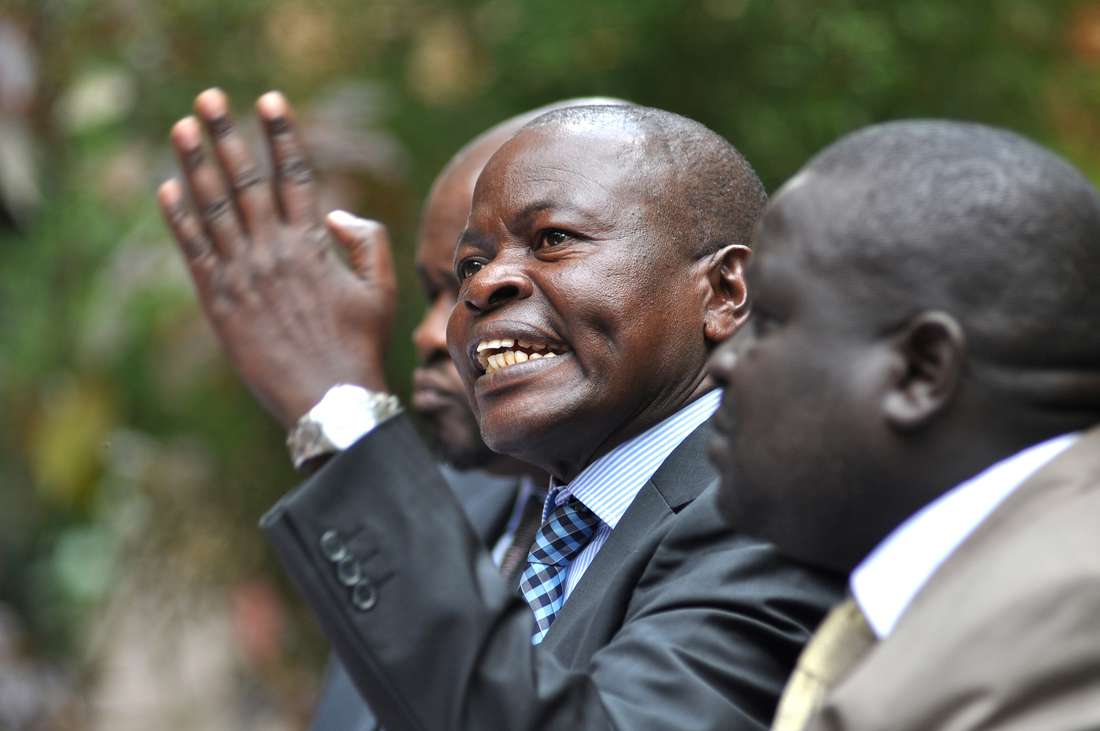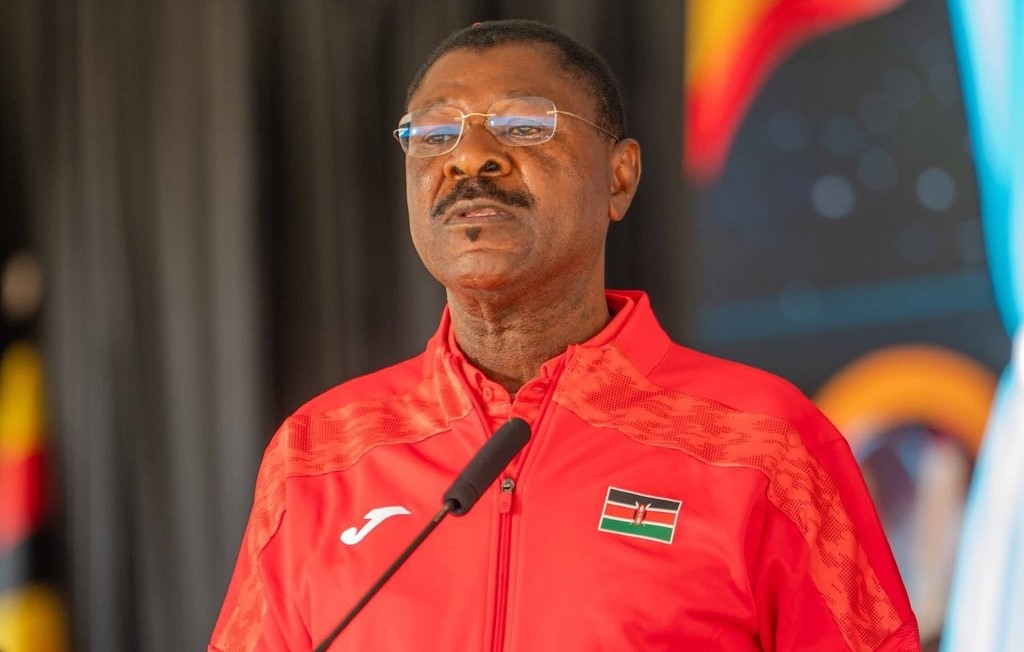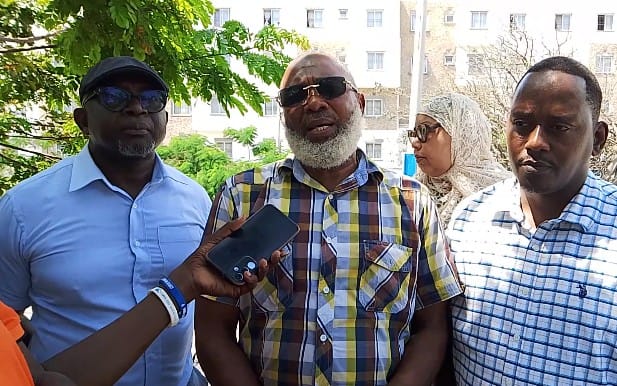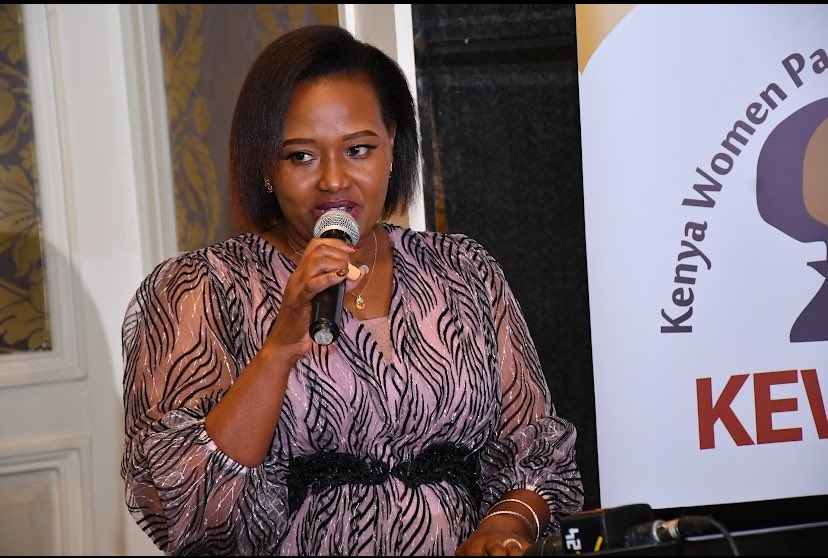Egypt protests Ethiopia’s dam launch, writes to UN Security Council
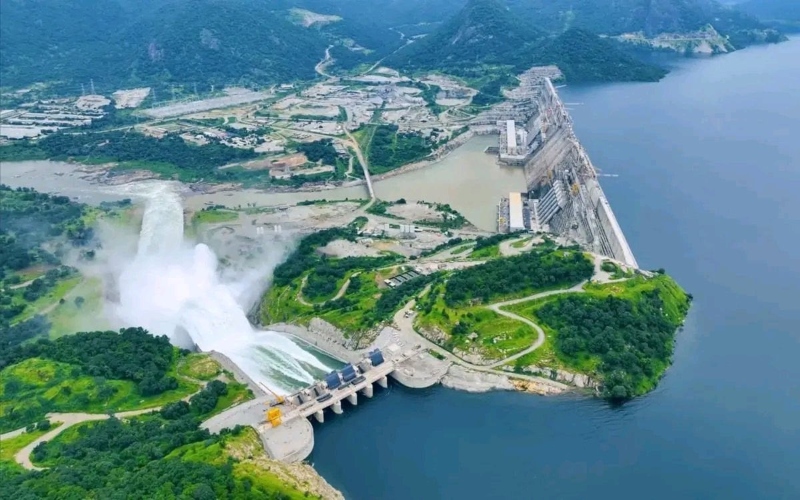
Foreign Minister Badr Abdelatty addressed the letter to the Council's president on Tuesday, describing Addis Ababa's actions as "a breach of international law and norms."
Egypt has submitted a letter to the United Nations Security Council (UNSC) protesting Ethiopia's inauguration of the Grand Ethiopian Renaissance Dam (GERD), citing that the move violates international law and undermines its water security.
Construction of the GERD, Africa's largest hydroelectric dam, has been disputed since 2011, with Ethiopia saying it is vital for power while Egypt fears it will shrink the Nile waters that provide most of its supply.
According to the country's Foreign Affairs Ministry, Foreign Minister Badr Abdelatty addressed the letter to the Council's president on Tuesday, describing Addis Ababa's actions as "a breach of international law and norms."
More To Read
- Ethiopia blasts Egypt for escalating hostile rhetoric and rejecting dialogue over Nile waters, GERD
- Palestinian police to be trained in Egypt as Gaza rebuilds security forces
- Faith under fire: How social media fuels rising attacks on religions, followers in Ethiopia
- UN Security Council begins process to appoint next secretary-general
- Daua Dam, irrigation masterplan gain momentum after high-level talks in Nairobi
- Kenya steps up border checks as Ethiopia confirms outbreak of Marburg Virus Disease
Further, the Ministry said Ethiopia's operation of the dam adds to "a long list of violations," including the September 2021 Security Council presidential statement that urged all parties in the Nile conflict to resolve the dispute through negotiations.
It added that Egypt would not recognise any unilateral measures on the Nile that threaten its own water security or that of Sudan.
"Any misconceptions that Cairo might turn a blind eye to its existential interests in the Nile River are pure illusions. Egypt will not allow Ethiopia to impose unilateral control over shared water resources," the Ministry's statement, issued in Arabic, roughly translates.
Similarly, the Ministry said Egypt's choice of diplomacy and mediation on the Nile dispute reflected its commitment to cooperation under international law, while accusing Ethiopia of obstructing negotiations and seeking to impose unilateral control for political gain.
According to the statement, Addis Ababa has used the GERD project to mobilise domestic support against an "imaginary enemy," while dismissing the rights of downstream states.
"Addis Ababa has adopted intransigent positions and sought to procrastinate in negotiations and impose a fait accompli, driven by a political agenda - not development needs - to mobilise the Ethiopian interior against an imaginary enemy, under the pretext of false claims about sovereignty over the Nile River, which represents the joint property of its riparian states," the Ministry said.
Further, Egypt warned that it reserves the right to take "all measures guaranteed by international law and the UN Charter" to safeguard its water security, language that hints at possible escalation if diplomacy fails.
"Egypt is committed to implementing international law on the Nile River but will not allow Ethiopian efforts to unilaterally dominate the management of water resources, and reserves its right to take all measures guaranteed by international law and the United Nations Charter to defend the existential interests of its people," it said.
Top Stories Today



